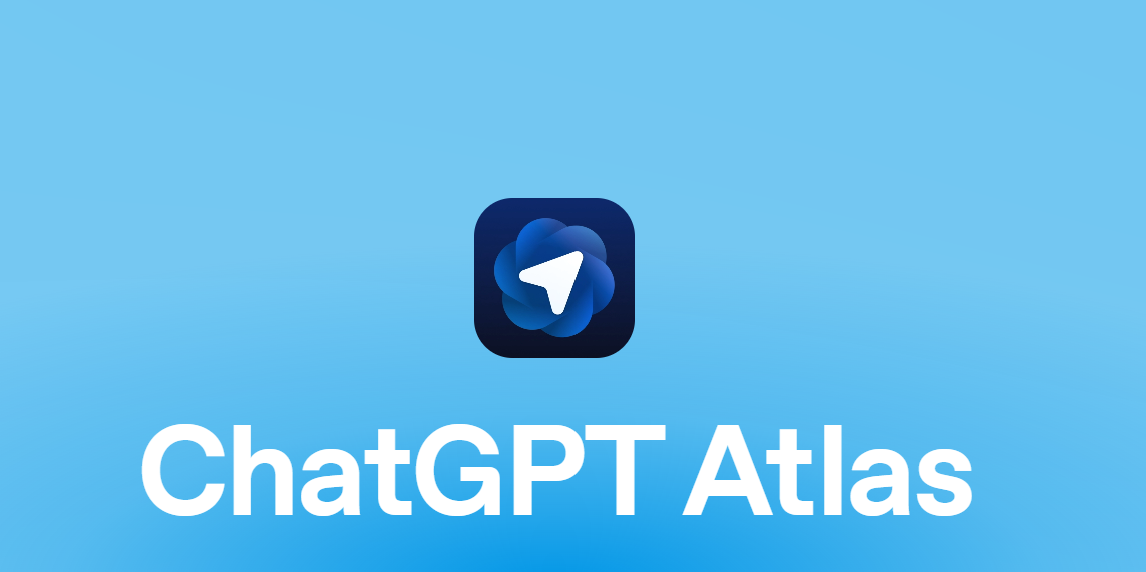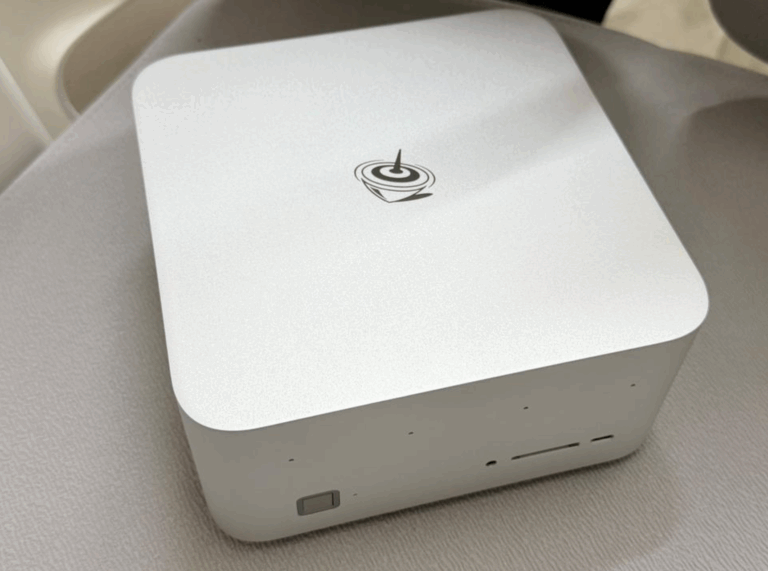ChatGPT Atlas: OpenAI’s Revolutionary AI Browser Changing the Way We Use the Internet
The launch of ChatGPT Atlas is more than the debut of a new browser — it’s a strategic leap into geospatial reasoning and a direct challenge to how we interact with both digital and physical information.
On October 21, 2025, during a global livestream, OpenAI CEO Sam Altman introduced Atlas, describing it not as a faster browser, but as an AI-native interface — an intelligent agent designed to act, not merely display. This marks OpenAI’s most ambitious product yet, signaling the company’s intent to dominate the next evolution of the web: agentic, multimodal, and context-aware AI.
🌐 A Direct Challenge to Google
The market responded instantly. Within hours of the announcement, Alphabet’s stock tumbled, reflecting Wall Street’s recognition that Atlas poses a tangible threat to Google’s decades-long dominance in search and web browsing. OpenAI didn’t just launch a browser — it launched a strategic offensive. The timing was surgical: the reveal landed just one day before Google’s multibillion-dollar cloud partnership announcement with Anthropic. Instead of basking in strength, Google was forced to confront vulnerability.
🧠 Beyond a Browser: The Rise of the AI Agent
Atlas isn’t a browser in the traditional sense — it’s an AI agent. According to Gartner, AI agents are among the fastest-advancing technologies of 2025, capable of perceiving, reasoning, and acting autonomously. Built on OpenAI’s GPT-5 architecture, Atlas fuses multimodal understanding, natural conversation, and agentic execution into one continuous experience.
- Multimodal capabilities: Atlas processes text, image, audio, and video inputs together. You could upload a photo of a broken coffee maker and ask, “What’s wrong with this?” The AI would identify the model, find repair guides, and order parts — all within one interface.
- Conversational interface: Building on ChatGPT’s success, Atlas allows complex spoken or written queries in natural language.
- Agentic architecture: With permission, Atlas can book travel, manage schedules, and even execute code within a secure sandbox — a true action-taking assistant rather than a passive search tool.
These innovations transform Atlas into what industry analysts describe as a “natural language operating system” — a layer that sits above Windows, macOS, and even the web itself. Just as graphical user interfaces (GUIs) made computing mainstream, natural language interfaces (NLIs) may make AI the new interface for life.
🌍 The “Atlas” Concept: Geospatial AI Comes to the Web
The name Atlas hints at its most groundbreaking ambition — the integration of Geospatial AI. This technology blends real-time geographic data with AI reasoning, allowing users to interact with the physical world through digital intelligence.
Examples of Atlas’s geospatial power include:
- Disaster response: Aid workers can ask Atlas to map flood-damaged zones and generate optimized rescue routes.
- Urban planning: Citizens can visualize changes like new parks or bike lanes through augmented AI renderings.
- Supply chain optimization: Businesses can model logistics based on live weather, port congestion, and fuel costs.
- Climate resilience: Homeowners can assess future flood risk using predictive sea-level models.
Where Google spent decades mapping the world visually through Street View, OpenAI aims to map it semantically — capturing meaning, intent, and relationships between people, places, and events. This semantic world model may become OpenAI’s most valuable proprietary asset, creating a data flywheel more defensible than even its underlying models.
📈 Product-Led Disruption: OpenAI’s Winning Strategy
OpenAI’s go-to-market playbook is clear: start free, go viral, then monetize.
- ChatGPT (2022) proved the model by gaining one million users in five days.
- ChatGPT Plus and Enterprise followed, turning popularity into profit.
Atlas will follow this blueprint with a freemium consumer version, an Atlas Pro subscription, and an enterprise suite offering security and geospatial tools for industries such as logistics, finance, and urban planning.
By encouraging mass personal adoption, OpenAI is creating a Trojan horse for corporate infiltration — users will bring Atlas into workplaces organically, forcing IT departments to adapt. This undercuts Google’s ad-based ecosystem while eroding its enterprise cloud dominance.
⚔️ The New Browser Wars
Atlas enters a competitive arena dominated by tech titans:
| Dimension | OpenAI Atlas | Google Chrome (Gemini) | Microsoft Edge (Copilot) |
|---|---|---|---|
| Core AI | Proactive, agentic, geospatial reasoning | Reactive, search-oriented | Productivity assistant |
| Data Strategy | Semantic data from real-world interaction | Two decades of search data | Enterprise workflow data |
| Ecosystem | Platform-agnostic AI layer | Deep Google service integration | Microsoft 365 & Azure |
| Monetization | Subscription + API | Ads & intent capture | Ecosystem lock-in |
This alignment positions Atlas not as a Chrome alternative, but as the next evolutionary leap — a system that unifies intelligence, action, and perception.
🧩 The Decade of Agents — Not Just the Year
Experts like Andrej Karpathy, OpenAI co-founder, caution that true autonomy will take time. Current models lack continual learning, robustness, and adaptive reasoning. Gartner’s 2025 Hype Cycle also places AI agents at the Peak of Inflated Expectations, warning of an imminent correction phase. Still, the trajectory is clear: 2025 marks the dawn of the Decade of Agents — where reliability, governance, and AI Trust frameworks (AI TRiSM) will define market leaders.
⚖️ Ethics, Safety, and Human Oversight
The rise of AI-driven browsers introduces profound ethical risks:
- Bias and fairness: Without oversight, AI agents may amplify social inequities.
- Hallucinations: Autonomous actions based on false data could cause real-world harm.
- Security: Granting system access expands the attack surface for cyber threats.
To align with Google’s E-E-A-T principles — Experience, Expertise, Authoritativeness, Trustworthiness — OpenAI must ensure transparency, data protection, and human-in-the-loop governance. The real success of Atlas will depend on how responsibly it balances automation with accountability.
🏁 Conclusion: A New Era of Intelligent Interaction
ChatGPT Atlas marks the dawn of a new computing paradigm. It merges language, perception, and action into one continuous human-AI collaboration. If OpenAI succeeds in uniting privacy, reliability, and accessibility, Atlas could evolve from browser to AI operating system for life — the universal interface between humans, machines, and the world itself.
“ChatGPT Atlas doesn’t just change how we browse — it changes how we think about the web.”




